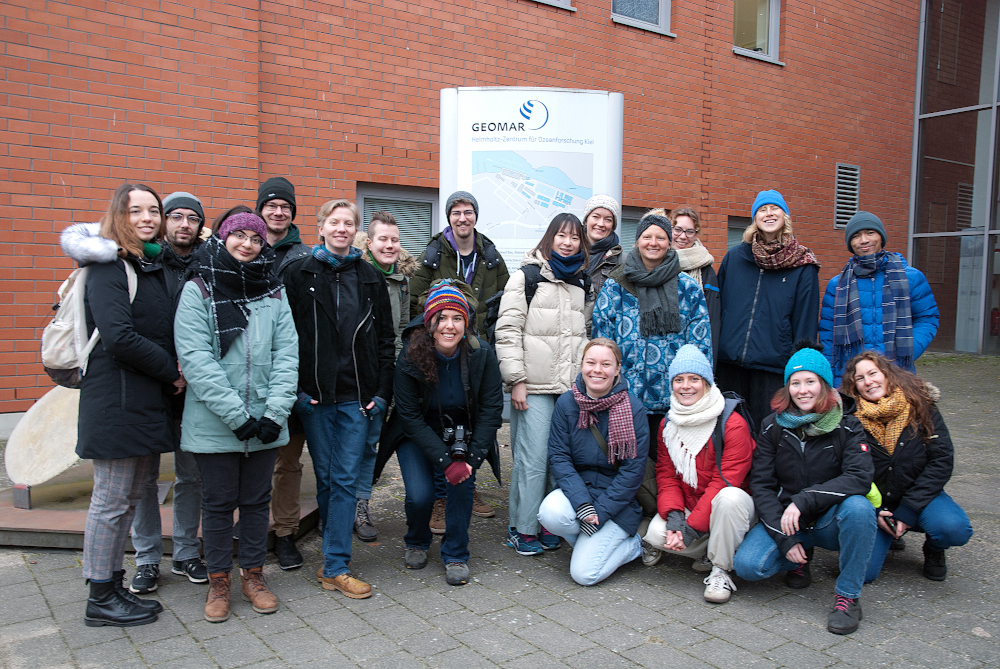This 2023 GAME project on light pollution, tests its effects on benthic fouling communities in the field, simultaneously and worldwide.
This year’s GAME Tam is: Saskia Funk (University of Tübingen, Germany)
& Florentin Genth (University of Stuttgart)

Saskia: Hejsan! I’m Saskia and originally from the south of Germany and have now moved north from the University of Tübingen via the GEOMAR in Kiel to Husö Biologiska Station for the summer! In Tübingen I study Geoecology with a specialisation in nature conservation and biodiversity.
However, I have so far mainly focused on terrestrial ecosystems and only started to consider marine ecology as a research option after a field course in the summer of last year. Even later that year, a friend from Kiel told me about the GAME project, and I was immediately excited to be a part of the program. Conducting a full project abroad and in the field, while being part of an international group of students, was the perfect option for my Master’s thesis project.
Now that I’m on Åland, I look forward to expanding my knowledge of marine organisms and experimental field methods and enjoying long forest walks and kayaking tours in my free time!
GAME 2023, in short: Life adapted to many drastic changes in the abiotic environment. These include fluctuations in oxygen and CO2 or the alternation of cold and warm periods. One thing that has not changed since the formation of the earth is the availability of sunlight. Daylength and light intensity vary naturally. Yet, since humans began to use electric light, many habitats, both on land and in coastal waters, have experienced major changes in the availability of light. Artificial Lighting at Night (ALAN) has therefore already been recognized as a global environmental threat affecting biological systems from cells to ecosystems. While plants use light primarily as a resource, animals use it as a source of information. Light controls daily and seasonal activity patterns and the migration behaviour of many species. Changes in its availability and spectral composition may not only influence the behaviour of individual species, but can also alter predator-prey relationships or influence the settlement behaviour of larvae. Such effects can cascade to higher organizational levels and, for example, change the composition of communities, what, in turn, can affect the structure and functioning of ecosystems. Thus, light pollution can ultimately have an impact on humans, who use coastal ecosystems intensively.
The GAME just started with a preparation end experimental design course at GEOMAR in Kiel:

